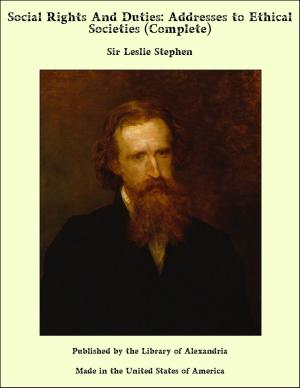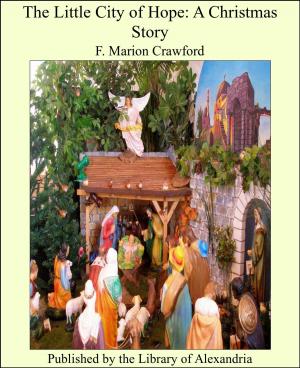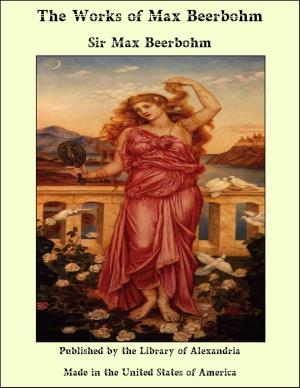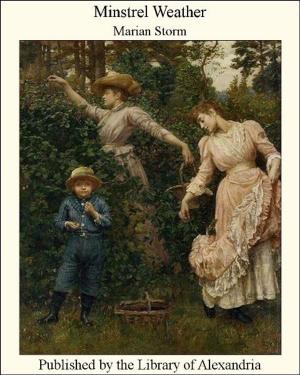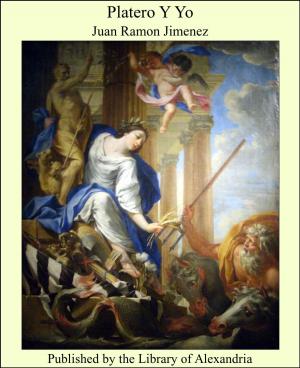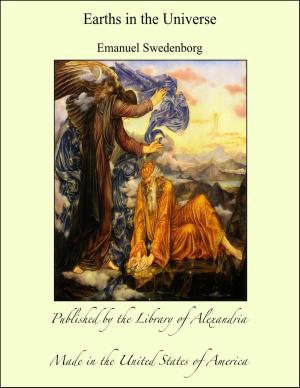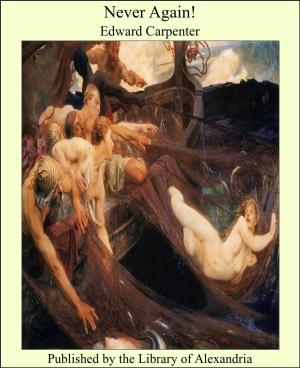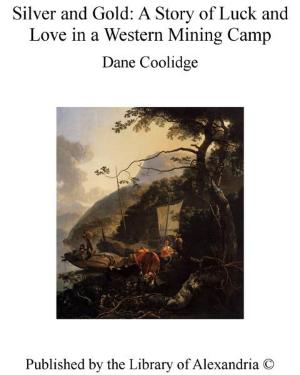Te Tohunga: The Ancient Legends and Traditions of the Maoris
Nonfiction, Religion & Spirituality, New Age, History, Fiction & Literature| Author: | Wilhelm Dittmer | ISBN: | 9781465615503 |
| Publisher: | Library of Alexandria | Publication: | March 8, 2015 |
| Imprint: | Language: | English |
| Author: | Wilhelm Dittmer |
| ISBN: | 9781465615503 |
| Publisher: | Library of Alexandria |
| Publication: | March 8, 2015 |
| Imprint: | |
| Language: | English |
A small fire had been kindled, and over it hummed the billy, boiling for the last time in Maoriland. Through the misty atmosphere the sun was sinking, powerless and glowing red: and night came. A grand night! Beautifully illuminated, grand clouds of smoke ascended from the burning primeval forest—a first mighty sign of the work of man, and the will of man, for the fire has to finish the work of the axe, and to consume the forest. Stars in silvery brilliance bespatter the East; the West is all aglow with crimson, gold, and creamy white; but to-morrow work and care will follow the great destruction, for endless is the beauty of this ever green country, but its liberty and its fruitfulness are labour. He who wishes for liberty must till the soil, and the fruit of liberty shall be art, for art is not an image, but a fruit. A strange fruit is once gathered by the Maori children of Nature, a fruit grown out of the darknesses of the ocean-encircled forests—an art, hopeless and sad. A fruit without seed. Was not Darkness the mother of All? Does not the everlasting ocean encircle all? And in the end must not Darkness again swallow all? This art followed the ways of untiring Nature: unseeming tools, unmeasured time, and endless labour, shaped to perfection the hardest stone into the “mere pounamu,” the beautifully formed and polished greenstone-weapon—the giant of the forest into the wonderful war-canoe. Sharp-edged stones and shells have to shape the tree into the centre-post of the house, into the mighty figure of the god and ancestor; and such labour stands in grim need of incantations to the atuas (gods) who dwell in the darknesses of the Lower World and who dwell in the spaces of light above the earth, that they may strengthen and enliven the unseeming tools with their god-power. The sages and dreamers of many generations had spent their lives bending over the smoke of their little fires, and forming into wisdom what their eyes perceived of the wonders of the world; and their wisdom has resulted in incantations and Karakias powerful enough to overcome the gods. These incantations and Karakias are tapu, that is, sacred. The possessor of them is a Tohunga; a Tohunga is sacred. The tapu of the Tohunga is descended from the gods, and so is his wisdom. The gods are all descended from the Great Mother Darkness, the goddess Hine-nui-te-po; and they are the ancestors of mankind, which with every generation moves farther and farther away from the gods. Once a great inspiration must have fallen upon the Maori world; but since then generation followed generation, framing incantations, speculating, shaping—never renewing, never widening, this inspiration, but working out form and expression to perfection. The life of man became like the life of ever-renewing Nature, producing and again destroying, giving birth, and again killing, to enable life to be sustained: the souls of man grew into the rigid wisdom of incantations; the food of man became man. He who wishes for art must till the soil, but he who tills the soil must have faith; for art, though a fruit of Nature, is a child of god. With the rising Sun came the old friend, and placed fresh wood on the camp-fire, a work of love; for he is a Rangatira-Tohunga (chief priest) of great mana in his tribe, and his tapu forbids menial labour. With Sorrow in his face, he sat down, quietly laying a parting present at our feet. On the water of the river sways the reflected canoe loaded for the journey, and the sun plays among the leaves of the trees, the children of the God Tane-Mahuta.
A small fire had been kindled, and over it hummed the billy, boiling for the last time in Maoriland. Through the misty atmosphere the sun was sinking, powerless and glowing red: and night came. A grand night! Beautifully illuminated, grand clouds of smoke ascended from the burning primeval forest—a first mighty sign of the work of man, and the will of man, for the fire has to finish the work of the axe, and to consume the forest. Stars in silvery brilliance bespatter the East; the West is all aglow with crimson, gold, and creamy white; but to-morrow work and care will follow the great destruction, for endless is the beauty of this ever green country, but its liberty and its fruitfulness are labour. He who wishes for liberty must till the soil, and the fruit of liberty shall be art, for art is not an image, but a fruit. A strange fruit is once gathered by the Maori children of Nature, a fruit grown out of the darknesses of the ocean-encircled forests—an art, hopeless and sad. A fruit without seed. Was not Darkness the mother of All? Does not the everlasting ocean encircle all? And in the end must not Darkness again swallow all? This art followed the ways of untiring Nature: unseeming tools, unmeasured time, and endless labour, shaped to perfection the hardest stone into the “mere pounamu,” the beautifully formed and polished greenstone-weapon—the giant of the forest into the wonderful war-canoe. Sharp-edged stones and shells have to shape the tree into the centre-post of the house, into the mighty figure of the god and ancestor; and such labour stands in grim need of incantations to the atuas (gods) who dwell in the darknesses of the Lower World and who dwell in the spaces of light above the earth, that they may strengthen and enliven the unseeming tools with their god-power. The sages and dreamers of many generations had spent their lives bending over the smoke of their little fires, and forming into wisdom what their eyes perceived of the wonders of the world; and their wisdom has resulted in incantations and Karakias powerful enough to overcome the gods. These incantations and Karakias are tapu, that is, sacred. The possessor of them is a Tohunga; a Tohunga is sacred. The tapu of the Tohunga is descended from the gods, and so is his wisdom. The gods are all descended from the Great Mother Darkness, the goddess Hine-nui-te-po; and they are the ancestors of mankind, which with every generation moves farther and farther away from the gods. Once a great inspiration must have fallen upon the Maori world; but since then generation followed generation, framing incantations, speculating, shaping—never renewing, never widening, this inspiration, but working out form and expression to perfection. The life of man became like the life of ever-renewing Nature, producing and again destroying, giving birth, and again killing, to enable life to be sustained: the souls of man grew into the rigid wisdom of incantations; the food of man became man. He who wishes for art must till the soil, but he who tills the soil must have faith; for art, though a fruit of Nature, is a child of god. With the rising Sun came the old friend, and placed fresh wood on the camp-fire, a work of love; for he is a Rangatira-Tohunga (chief priest) of great mana in his tribe, and his tapu forbids menial labour. With Sorrow in his face, he sat down, quietly laying a parting present at our feet. On the water of the river sways the reflected canoe loaded for the journey, and the sun plays among the leaves of the trees, the children of the God Tane-Mahuta.

